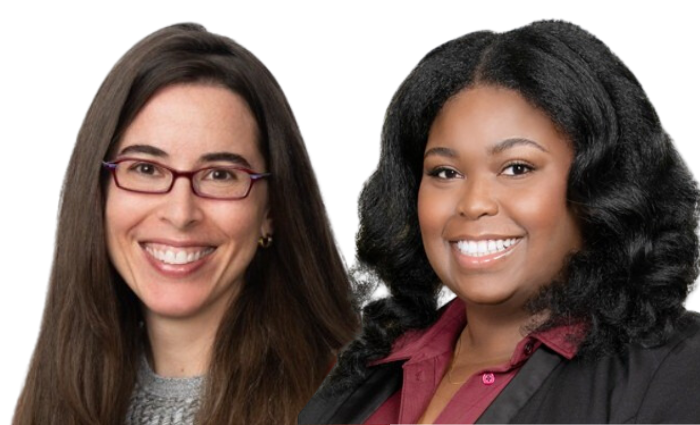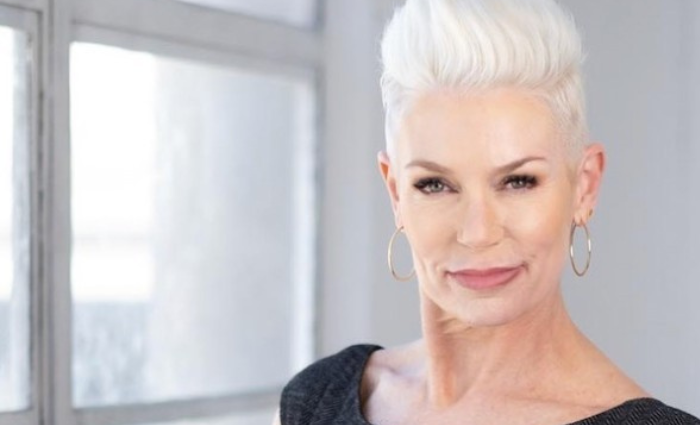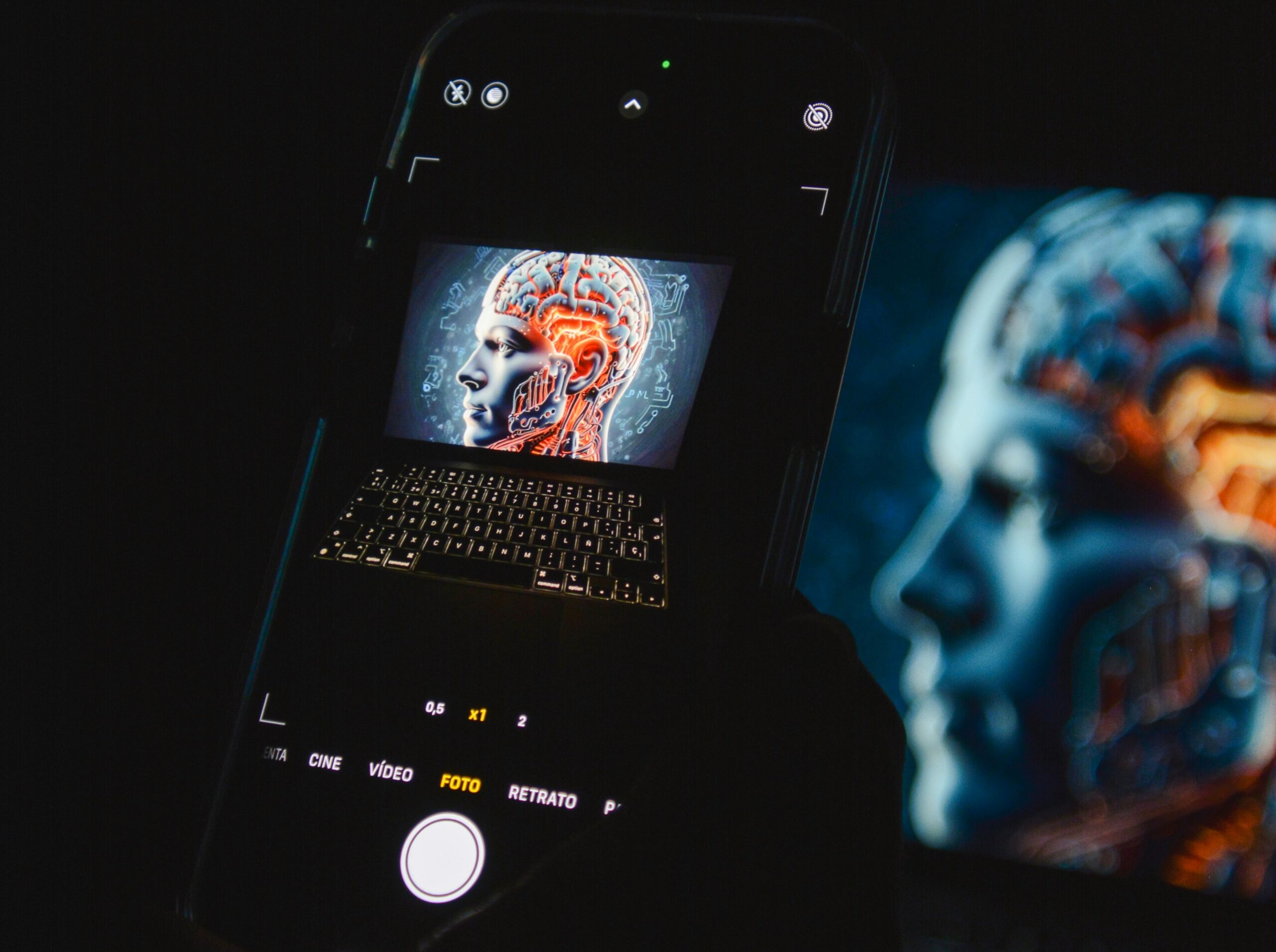Emerging Litigation Podcast
IP Protection, Secure Transactions, and Bored Apes: NFTs with Cameron Pick
In this episode, we discuss the evolving landscape of NFTs – or non-fungible tokens – which have taken the digital world by storm – or perhaps just a downloadable picture of a storm – promising to revolutionize not only the way we perceive, protect, purchase, and own digital assets, but how we might even buy a house or other assets in the real world. Guest Cameron Pick of Marshall Gerstein draws on his expertise in intellectual property law to provide insights into the changing dynamics of NFTs and the legal issues that accompany them. Tune in now!
Humans at Work with Leah Stiegler
In this episode, Leah M. Stiegler, principal attorney at Woods Rogers, shares practical solutions for a variety of challenges, like love at work, pregnancy at work, discord at work, harassment at work, and working overtime. She talks about gender identity protections, implicit biases, and microaggressions, plus conducting administrative investigations, and ideas to mitigate risk, stay out of court, and maintain a positive work environment. Enjoy now!
When Chemical Crises Strike with Ed Gentle and Kip Benson
Soon after emergency response teams scramble into action to address chemical fires, explosions, or other toxic events, attorneys begin gathering and analyzing information either to mitigate corporate risk or to seek remedies for anyone impacted by such an event. Listen to our interview with Edgar C. "Ed" Gentle III and Katherine "Kip" Benson of Gentle, Turner & Benson LLC, about legal activity that goes on in the immediate aftermath of a toxic event. Ed and Kip draw on their deep experience resolving this type of litigation to discuss the flurry of activity that unfolds at law firms and inside legal departments within hours of a disaster.
A Shameless Plug for Our Content Services
Your content marketing is everything you’ve ever dreamed of. Right?

Critical Legal Content was founded by Tom Hagy, former Editor & Publisher of Mealey’s Litigation Reports and VP at LexisNexis, founder of HB, current litigation podcaster and editor-in-chief. CLC’s mission is to help smaller firms and service providers not only create content — blogs, articles, papers, webinars, podcasts (like the stuff on this site) — but also to get it out there. How? Via social media, this website, your website, and potential via our podcast and journal which we publish in collaboration with vLex Fastcase and Law Street Media. The goal is to attract readers and dizzy them with your brilliance.
*Inspired by actual events.
Create content like a real legal publisher.
Emerging Litigation Journal
Subway Surfing Suit Against Meta and TikTok: Setting the Stage for Social Media Liability
Social media platforms are under mounting legal pressure as courts scrutinize how algorithms amplify dangerous viral trends. In Nazario v. ByteDance Ltd., a New York judge allowed a wrongful death lawsuit against Meta and TikTok to move forward after a teen died attempting a “subway surfing” stunt allegedly promoted by their platforms. In this article, Tom Hagy examines how the decision challenges long-standing Section 230 protections and signals a shift toward treating social media as potentially defective products when design and targeting harm young users. This case—and others involving viral challenges and youth safety—may redefine platform liability for years to come.
Climate Change Law: Tension Increases Over Governmental and Corporate Responsibility
The world’s leaders still don’t agree on what, if anything, to do about climate change – despite mounting evidence that, as a planet, we are in the soup. A major ruling from the International Court of Justice says states have an obligation to save the planet, as the U.S. president is enthusiastically sprinting the other way, inspiring cheers from his base and jeers from scientists. As for domestic litigation designed to pin liability on the fossil fuel industry, a case in South Carolina faltered as another in Hawaii is clearing hurdles. Read the update from Tom Hagy.
CEO Depositions and the Apex Doctrine with Rachel Lary on the Emerging Litigation Podcast
Can a CEO be forced to sit for a deposition? In this episode of the Emerging Litigation Podcast, national trial lawyer Rachel M. Lary of Lightfoot, Franklin & White unpacks the Apex Doctrine—a legal standard designed to shield high-ranking executives from unnecessary depositions. Rachel explains how courts assess executive knowledge, alternative discovery options, and the growing body of case law shaping this issue across jurisdictions. A must-listen for litigators navigating discovery strategy in high-stakes cases.
HB Webinars on CeriFi LegalEdge
AI Survival Guide: Best Practices to Mitigate AI Litigation Risk
Organizations using artificial intelligence-based technologies that perform facial recognition or other facial analysis, website advertising, profiling, automated decision making, educational operations, clinical medicine, generative AI, and more, increasingly face the risk of being targeted by class action lawsuits and government enforcement actions alleging that they improperly obtained, disclosed, and misused personal data of website visitors, employees, customers, students, patients, and others, or that they infringed copyrights, fixed prices, and more. These disputes often seek millions or billions of dollars against businesses of all sizes. This webinar identifies recent trends in such varied but similar AI litigation, draws common threads, and discusses best practices that corporate counsel should consider to mitigate AI litigation risk. Our excellent speakers are Jerry Maatman and Justin Donoho of Duane Morris.
Legal Innovation: Choosing the Best AI Tools and Strategies for Success
During this webinar, Robinson+Cole's knowledge management professionals Liz Salsedo and Jim Merrifield help you better understand artificial intelligence and generative AI. Learn about the categories of work in which AI is being applied in the practice of law, e.g., legal research, document drafting, deposition preparation, and discovery review. Understand the various risks associated with AI, e.g., biased and inaccurate outputs, unauthorized disclosures of private data, and intellectual property infringement. Get an overview of governmental regulation and guidance. Finally, start your journey to develop best practices in establishing AI governance teams and processes with an eye toward complying with regulations and mitigating risk.
The Medical Monitoring Tort Remedy: Advanced Level
The medical monitoring tort remedy – allowing for medical monitoring without physical injury – is recognized in 14 states and not allowed in 23. The law is divided in two states while the rest have not specifically addressed the issue. States that allow medical monitoring to do so when a group of claimants is at increased risk of disease or injury due to exposure to a known hazardous substance or a dangerous product as the result of a defendant’s conduct. Under this tort remedy, claimants are tested periodically, for an agreed or decided period, usually between 10 and 40 years. In this CLE webinar, Gentle Turner & Benson LLC attorneys Edgar (“Ed”) C. Gentle III and Katherine (“Kip”) A. Benson discuss the evolution of the medical monitoring tort, related cases, tests to determine whether the tort should be applied, types of monitoring, and the arguments for an against medical monitoring.





























